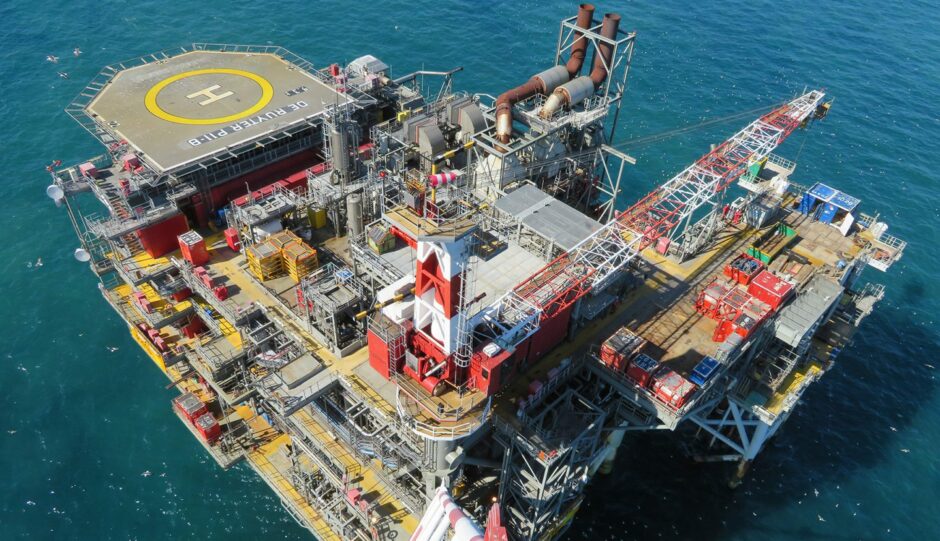
Waldorf Production has blamed the Netherlands’ solidarity tax and uncertainty over decommissioning commitments for aborting its planned acquisition of TAQA and Dana assets.
Speaking during an investor call for the company’s Q1 2023 results, chief executive Erik Brodahl said the environment had made the planned deal “impossible to close.”
Waldorf announced it would buy the Netherlands businesses of fellow North Sea producers TAQA and Dana Petroleum last October as part of a brace of deals, the value of which were not disclosed.
The sale would have seen Dana offload interests in 21 oil and gas fields including the De Ruyter, Hanze, Van Ghent and Van Nes fields in the Dutch sector.
TAQA’s assets included the P15 and P18 blocks, containing oil and gas production facilities spanning the central P15-ACD complex and several satellite production platforms, as well as the Bergen II onshore area.
TAQA later announced that the completion did not occur in accordance with its terms, and was terminated on 28 March 2023.
“With the combination of EPL-like taxes in the Netherlands including what they call the ‘solidarity tax’ and with increased difficulties with the government on having transparency on requirements for future decommissioning postings made it impossible to close the transaction,” Mr Brodahl said, referencing the UK’s similar Energy Profits Levy.
He said the company had reached a settlement agreement with TAQA as a result, which has now been completed.
Confirmed late last year, the EU-led solidarity tax adds a mandatory 33% contribution on 2022 and/or 2023 “excess profits” from firms in the crude, gas, coal and refinery sectors.
Waldorf reported average group production of 28,000 boepd during the quarter, of which around 16,600 boepd derived from UK operations.
The firm said it had estimated UK tax liabilities of around $58m, the bulk of which relate to the EPL.
However, CFO Aaditya Chintalapati said 2022 calculations were yet to be finalised and that the company plan intends for its exposure to be reduced meaning its final liability should be lower.
Despite this, Mr Brodahl was dismissive of the investment incentives offered in tandem with the levy, which he said were unlikely to provide sufficient motivation for further investment in the North Sea.
“The investment allowances only marginally add to the benefit of doing investments and that, combined with much higher taxes and risk, makes us less motivated to do capex in the current environment than where we were,” he added.
As a result, he said the firm had “clearly less interest” in UK commitments, though will still pursue ongoing drilling at the Scott field and the drilling of three planned infill wells at Alba later this year.
Further “hopper” prospects are also in discussions around the Catcher and Kraken assets, the latter of which is currently shut in due to equipment failure.
Recommended for you
